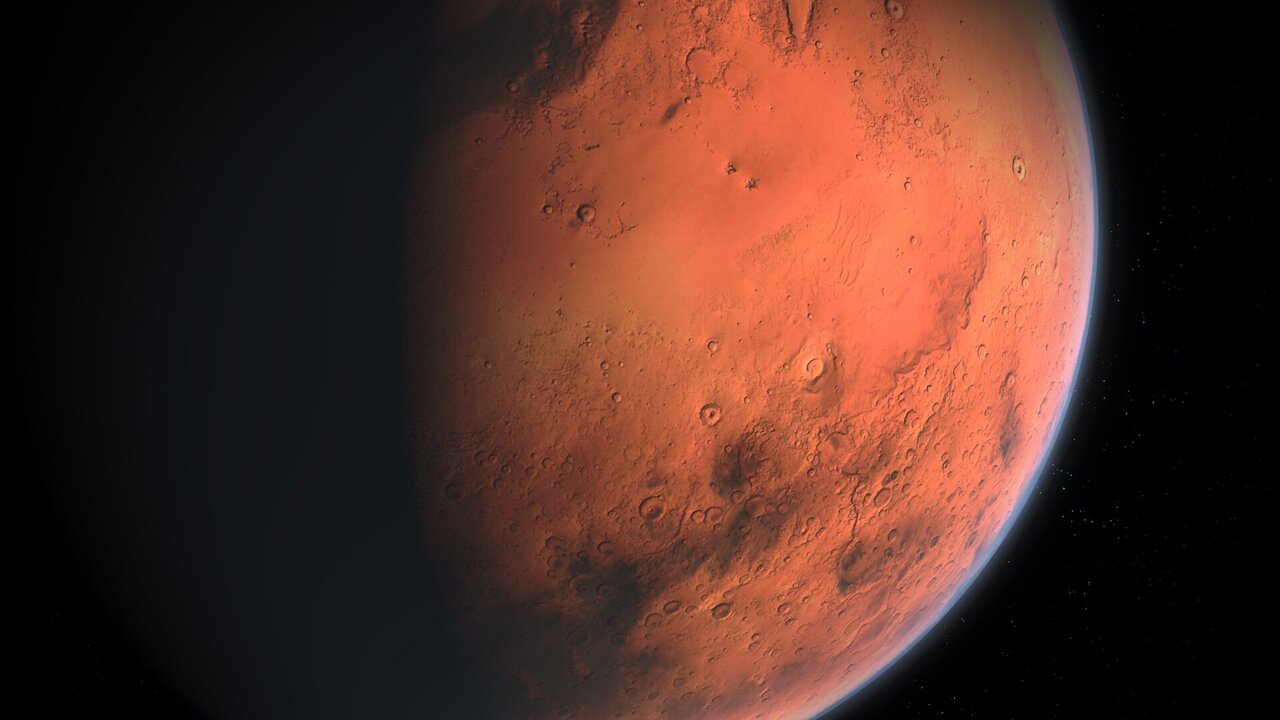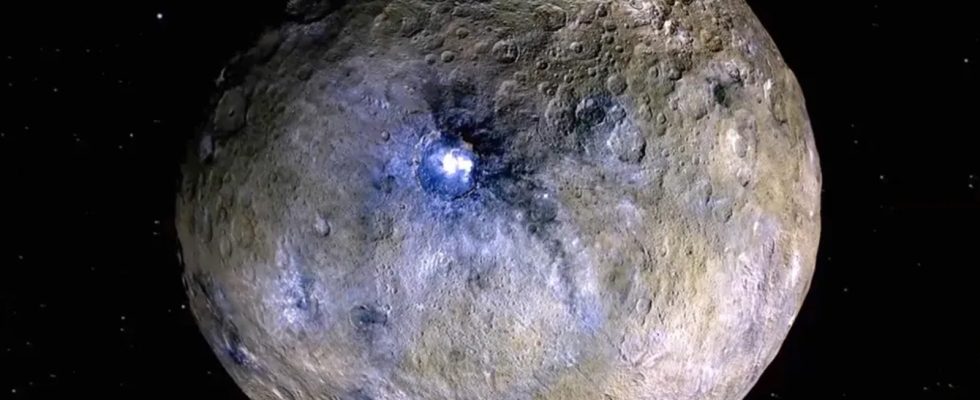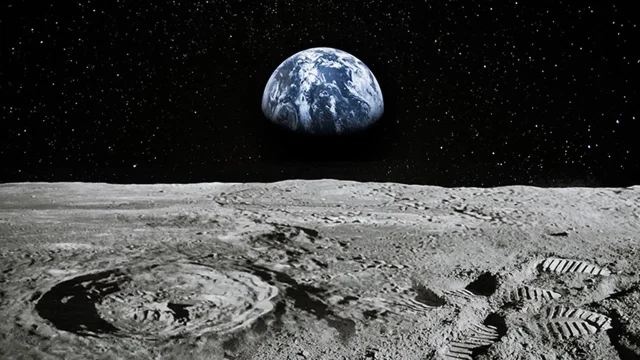Ceres, a dwarf planet close to Mars, may provide remarkable information to understand the possibility of alien life in our Solar System. Recent research shows that this celestial body has large amounts of organic matter, making Ceres a major focus of scientific interest.
Dwarf planet close to Mars has extremely rich organic composition
Located in the asteroid belt between Jupiter and Mars, Ceres often plays an important role in science fiction stories such as The Expanse. However, this dwarf planet is also very popular in the scientific world due to its rich organic composition.
The presence of these components was first confirmed in 2017 by the Dawn spacecraft, but recent research indicates that organic elements on Ceres may be more common than we first thought, indicating the potential for signs of alien life.
Its high water ice content, as well as the amount of organic matter, position Ceres as a celestial body suitable for life. Scientists made this discovery by combining two different data sets to map potential organic-rich areas where life could be sustainable.

Such discoveries highlight the critical role organic compounds play in our search for alien life, especially as NASA’s rovers continue to find evidence of the basic building blocks of life on Mars.
This development reveals how exciting our decades-long search for signs of extraterrestrial life is. Future studies of dwarf planets such as Ceres, as well as the study of the elements and organic compounds that make life possible on Mars and other planets, may offer deeper understandings of how life expanded in our universe.
This work was initially presented at the Geological Society of America GSA Connects 2023 conference this month and promises to yield more information about the potential for life on this intriguing dwarf planet. What are you thinking? Please don’t forget to share your thoughts with us in the comments.


